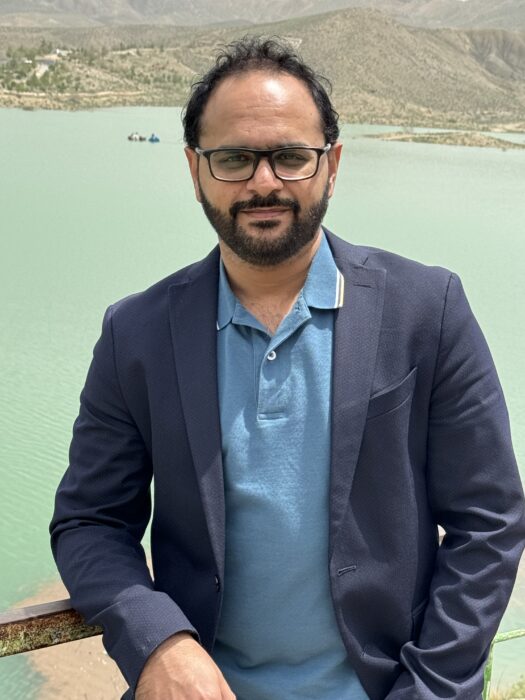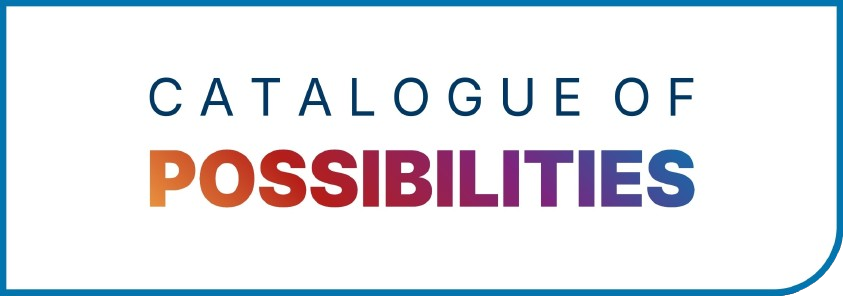Dr Masood Ur Rehman he/him

Senior Lecturer in Electronic Engineering
Mission Priority Areas
My research passion lies in pioneering next-generation wireless systems, particularly the development of compact, energy-efficient, and body-centric antennas and sensors for 6G, Industry 5.0, and biomedical applications. At the University of Glasgow, my group explores innovative designs in bio-electromagnetics, wearable and implantable systems, and RF exposure analysis. We aim to make future communications more human-aware, sustainable, and intelligent, transforming how technology interfaces with the body and environment.
We actively engage in interdisciplinary research combining electromagnetics, materials science, biomedical engineering, and AI. I envision CDT projects where electronic engineering meets data science, biology, and manufacturing, for example, developing smart textiles with embedded communication and sensing, or mmWave/nano-scale wireless platforms for intra-body networks. I’m particularly keen on collaborations with clinicians, environmental scientists, and biologists to co-create solutions in healthcare and green IoT.
As a supervisor, I take a supportive yet structured approach, encouraging independence, creativity, and real-world impact. I mentor with empathy, tailoring guidance to individual strengths and goals. I’ve supervised 8 PhD graduates who are now in academia, industry R&D, and start-ups. I take pride in nurturing well-rounded scientists who can thrive across disciplines.
Equity, diversity, and inclusion are central to my ethos. As Chair of IEEE UKRI Young Professionals and Vice-Chair of APS/MTTS, I actively promote inclusive engagement, mentoring diverse early-career researchers and organising accessible events. I champion fair recruitment and advocate for underrepresented voices in STEM through outreach and international networks.
Originally from Pakistan, I began my journey in electronics at UET Lahore before earning my MSc and PhD at Queen Mary University of London. My international academic path, from Pakistan to the UK, has shaped my deep respect for diversity and global collaboration. Outside of academia, I enjoy reading, mentoring young engineers, and staying connected to grassroots educational initiatives.
I welcome enthusiastic candidates interested in pushing the boundaries of wireless technologies and making a tangible societal impact. Together, we can build systems that are not just smarter but also more inclusive and human-centred.

